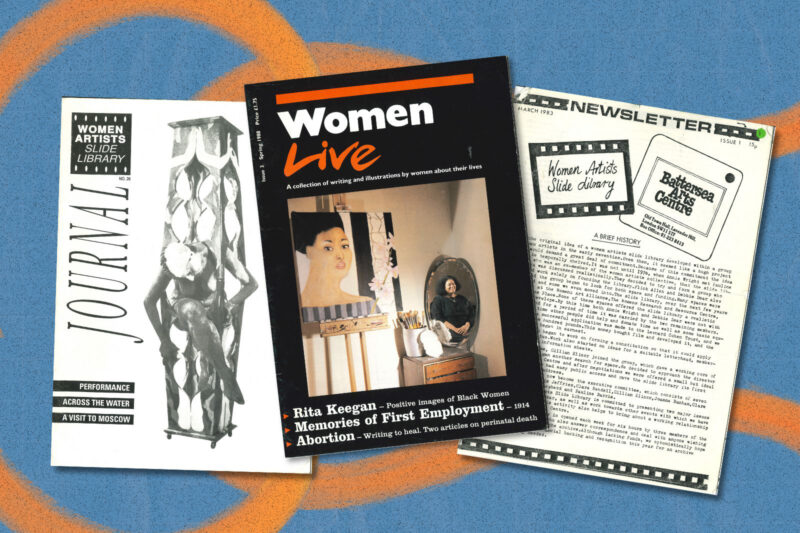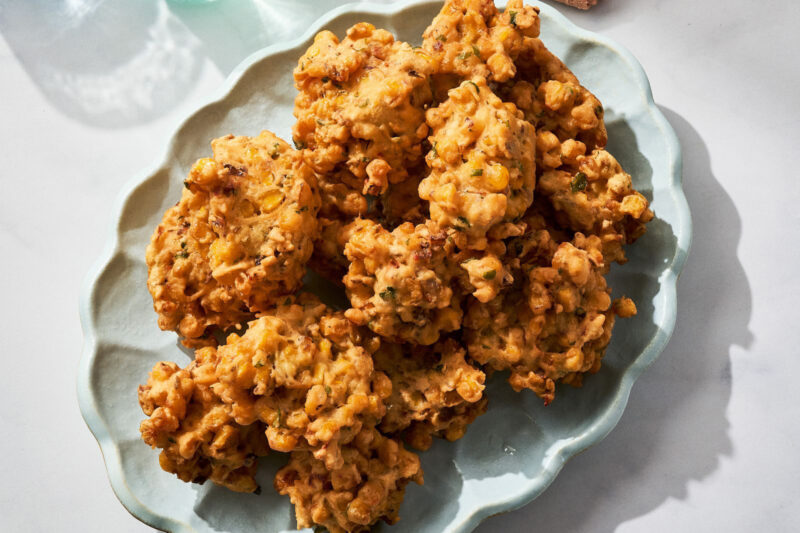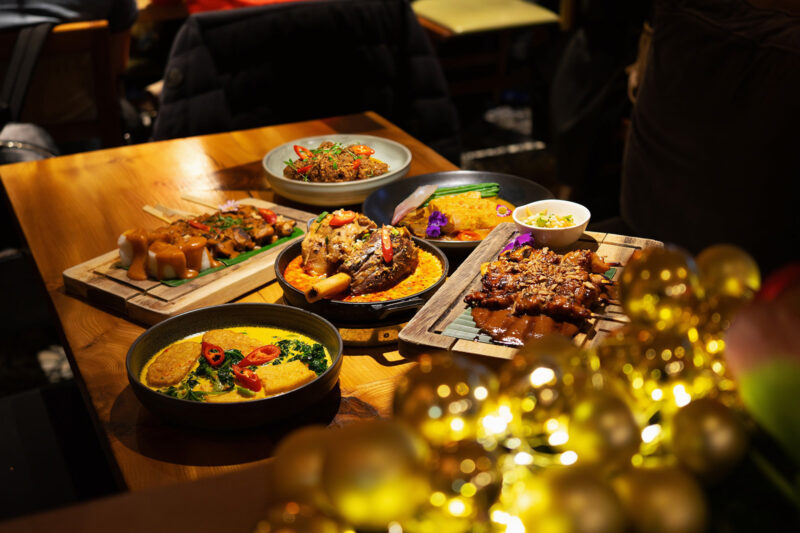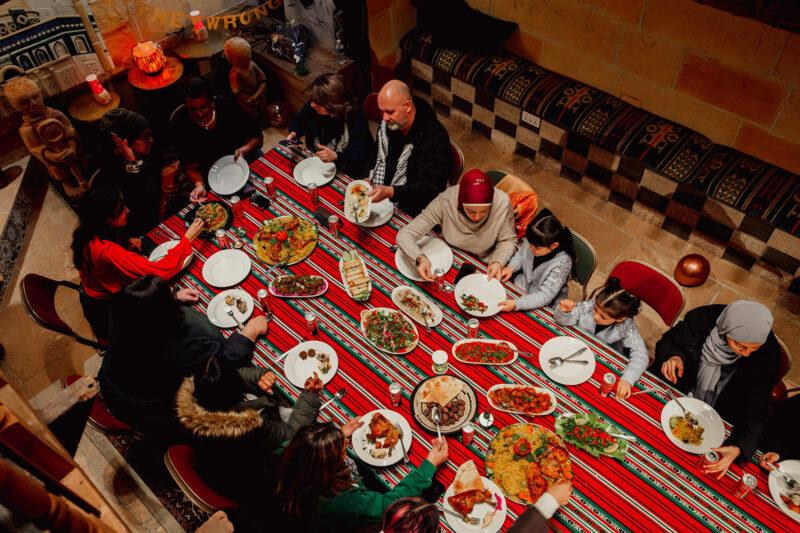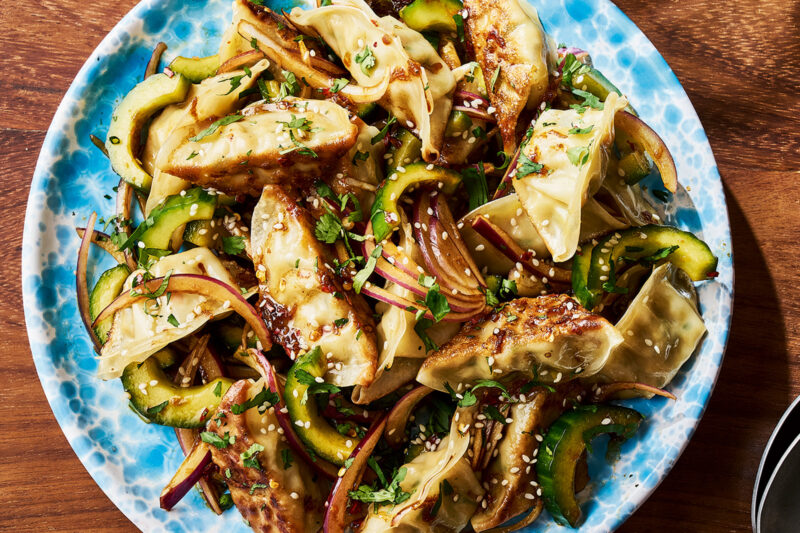Meet the Muslim mukbang stars
A growing number of people are making a living by serving up videos of themselves eating vast amounts of food — and their fans are hungry for more
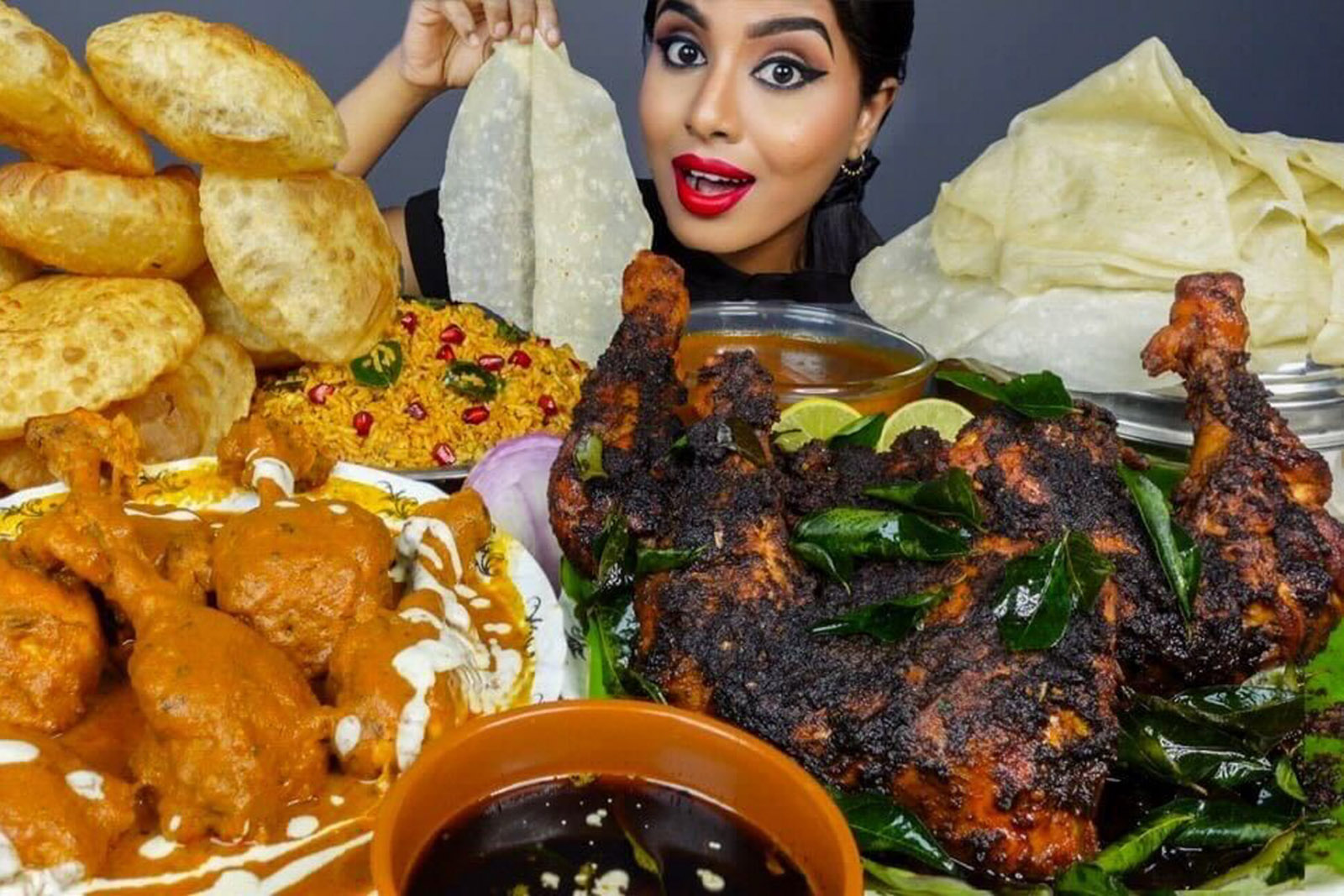
For more than half a million subscribers, Ashifa Hakeem’s YouTube channel is a true feast for the eyes. In almost 300 videos, she sits surrounded by piles of chicken drumsticks, plates of colourful biryani and tubs of curry, then chews, slurps and crunches her way through the lot.
Ashifa, 25, is part of an increasingly popular internet phenomenon known as “mukbang”. The trend first emerged in South Korea around 2014, when young people began live streaming themselves eating dinner, but exploded around the world during the Covid-19 lockdowns. Now, an estimated 250,000 creators post regularly on the internet, including a small but growing number of Muslim influencers.
Despite initial reservations from friends and family, Ashifa, who lives in Tamil Nadu, India, has been posting mukbang videos since January 2021. “My husband — who was then my boyfriend — and I started posting videos just for fun,” she says. “My friends and family were initially sceptical. But eventually, they warmed to it.”
Three years on, her husband and family help to choose the menu, prepare the food and help her with filming. “They’re the BTS team for our channel,” she adds.
The roots of mukbang can be found in an older online phenomenon. Autonomous sensory meridian response (ASMR) is a calming, goosebump-like sensation experienced by some people in response to gentle sounds such as whispering, tapping or typing. For more than a decade, content creators around the world have posted thousands of softly voiced videos aimed to provoke the reaction, featuring people engaged in a variety of mundane activities, from carefully folding laundry to delicately slicing soap.
While not everyone experiences ASMR and many people will meet mukbang content with raised eyebrows, there are some scientific explanations why some people find chewing and slurping noises relaxing. Dr Andrew Harris, a senior lecturer at Nottingham Trent University, puts this down to videos “invoking neural responses in brain regions associated with pleasure and reward”, similar to “listening to our favourite song or seeing someone we love”.
Ashifa’s path to rising mukbang stardom was more or less accidental. In 2021, she was working as a physics teacher and wanted a hobby to fill her time on lockdown weekends. She was already a fan of the food-based videos posted on YouTube by creators such as Boki and Zac Choi ASMR, so decided to start her own.
Since then, ad sponsorships from clothing and cosmetics brands, along with monetised YouTube views in the hundreds of thousands, have allowed her to work part-time and still “earn more than enough to have a comfortable life”.
The low barriers to entry — all you need is food, internet access and a laptop — mean that anyone can become famous by eating vast amounts of ramen in front of a webcam. Top mukbang creators, most of whom are based in the US and South Korea, can make up to $1 million in a year.
Dr H, 22, is an influencer and takeaway owner based in Leeds. Like most of his online peers, he started filming himself during the pandemic. Now, more than 90,000 people have subscribed to his TikTok. “There was no one from the UK doing it at that time,” he says. “So I thought, ‘Why not just do it myself?’ I started making videos and it pretty much blew up over night.”
Dr H attributes the popularity of his videos to his signature style of filming, involving close-ups of “the full chewing and swallowing — the whole bite, not everyone does that. It’s something different.”
For other Muslim creators, mukbang offers an opportunity to share elements of their faith, culture and identity with followers. Foodie Beauty, otherwise known as Everyday Mariam, is a Canadian influencer based in Kuwait. Her videos address a range of topics: her relationship with Islam, how she met her partner, weight loss and her love of true crime stories. She also introduces her viewers to a variety of new foods, from Egyptian singari fish to traditional Syrian breakfasts.
Before she converted to Islam and moved to the Gulf, her content was made solely to entertain people. “That’s why people liked to watch me: my life was a trainwreck,” she says in one candid video. “I’m in a new chapter of my life, with a totally new outlook and values. There’s so much I love about living in the Middle East.”
During Ramadan, some mukbang creators post daily suhoor and iftar videos to provide company for people who live alone, allowing them to begin and break their fasts in the virtual company of others.
‘The most popular time for mukbangs is during Ramadan when people are waiting to open their fast.’
The mukbang scene is highly competitive, which has led some streamers to resort to shock tactics in their quest for viewer attention. Ssoyoung, a Korean influencer, was recently criticised for eating live squid and octopuses on camera, and other creators have filmed themselves making their pets eat excessive amounts of food.
Muslim streamers, however, tend to err on the more wholesome side of the subculture, with many videos made by married couples, including The Xs or Kamal and Dilara, live-streamed Ramadan iftars and introductions to widely undersung cuisines, such as Iraqi or Iranian food.
Still, some experts are concerned about the possible negative effects on viewers’ relationships with food, and have identified mukbang as having the potential to facilitate vicarious eating — the act of watching another person eat in order to satisfy one’s own hunger. According to Harris, people vulnerable to excessive dieting could “watch mukbang in order to experience the vicarious satisfaction” of consuming foods they crave, instead of eating healthily.
A study undertaken by Nottingham Trent University in 2020 also correlated mukbang with disordered eating, including bingeing and starvation, in people under 30. Harris warns that the genre could create “altered perceptions of food portioning and healthy eating, and promote the glorification of binge-eating behaviour”.
Ashifa shares his concerns. Aware that she is a petite woman who eats for a living, she includes disclaimers in her videos, explaining that they are shot in multiple takes and that viewers shouldn’t attempt to eat similar quantities in one sitting.
Ashifa was amused when her regular viewers accused her of using a lookalike — a sort of mukbang stuntwoman — to help her plough her way through the massive plates of food she posts online. “It’s not meant to be replicated at home,” she says.
 Newsletter
Newsletter





